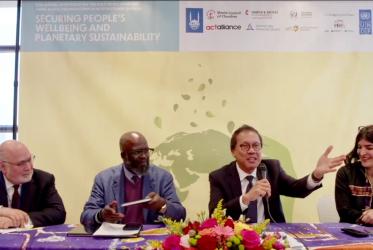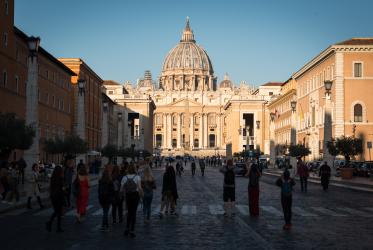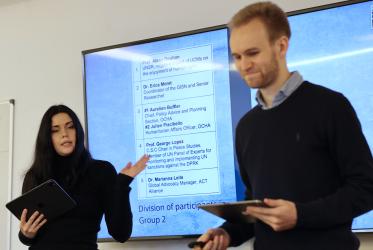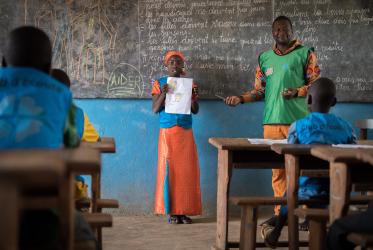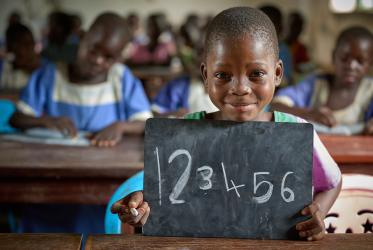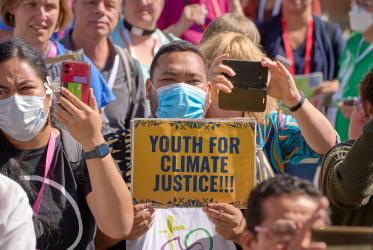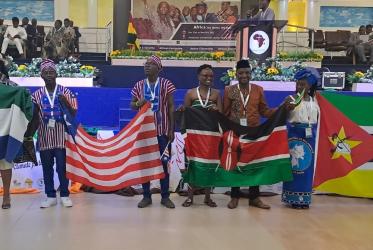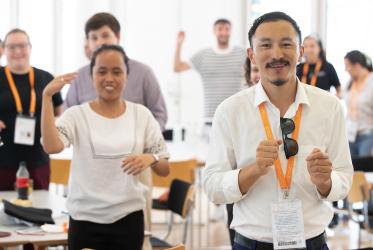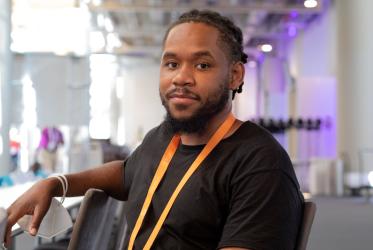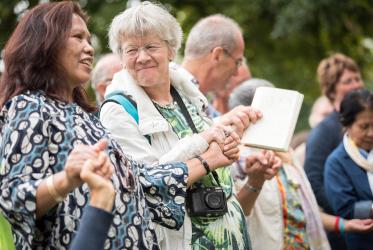Displaying 81 - 100 of 882
01 February 2023
Pandemic and pedagogy: what are the valuable lessons?
21 December 2022
Toolkit nurturing spiritual development of children to be launched
16 November 2022
Major African youth congress opens in Ghana
02 November 2022
Applications open for upcoming Young Adults Training for Religious Amity
15 September 2022
Christ’s Love (Re)moves Borders – GETI 2022 in images
13 September 2022
Reflections from GETI underscore friendship coupled with knowledge
13 September 2022
Aspiring therapist opens his mind to different beliefs
13 September 2022
Diversity of gifts celebrated by Ecumenical Youth Gathering
27 August 2022
Strengthening Christian Perspectives on Human Dignity and Human Rights
Perspectives from an International Consultative Process
19 August 2022
“My hope is in you”—youth in the Holy Land carry the future
17 August 2022

